February 6, 2019
A robot can do amazing things, but could it hold down a desk job?
A colleague of mine, a roboticist, recently proclaimed that if one could teleoperate the robot he developed in his lab, it could hold down a desk job. It’s a common sentiment among roboticists that existing mechanical hardware is sufficient to replace humans in many of the tasks by which we earn a living. Rather than the hardware, the last, golden step to having human-like machine counterparts is in the development of appropriate algorithms. But this is wrong. There is in fact little evidence that robots have the mechanical features necessary to hold down a desk job, regardless of the algorithms.













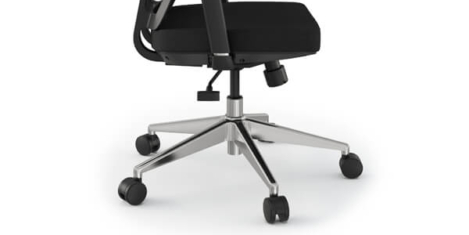
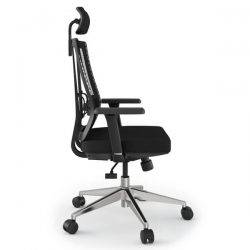
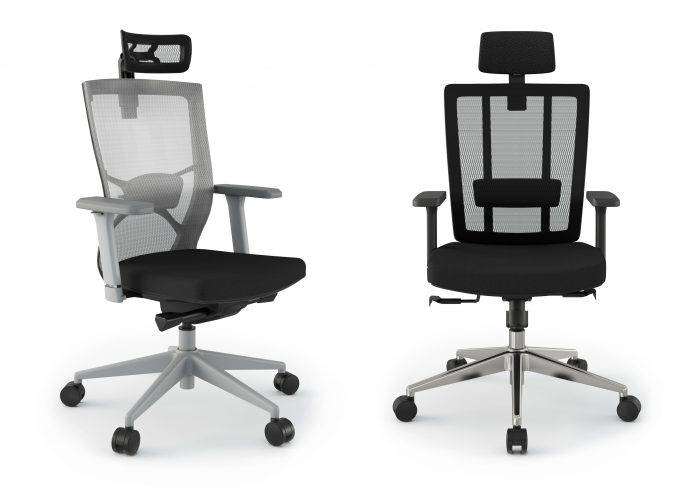
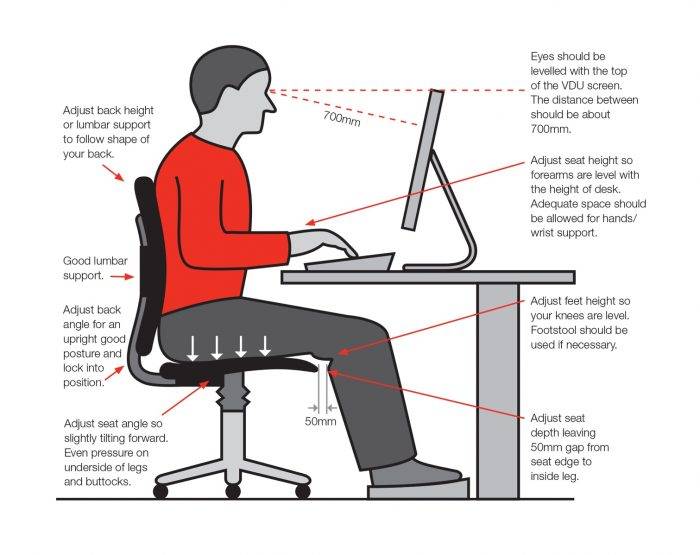


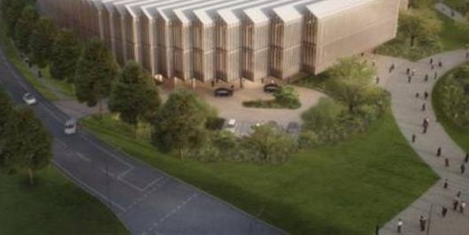
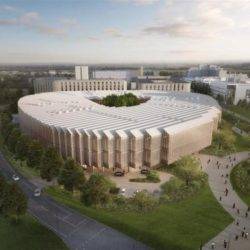


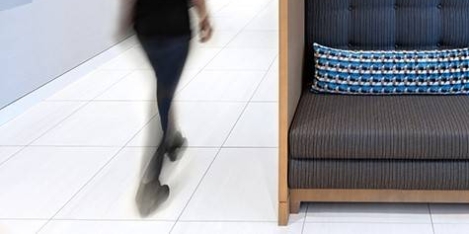
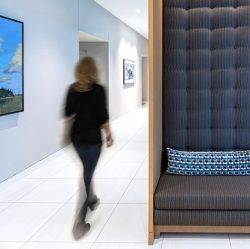













January 25, 2019
The state of the workplace right now? Everywhere and nowhere, baby 0
by Paul Carder • Comment, Facilities management, Features, Premium Content, Property, Workplace design
(more…)